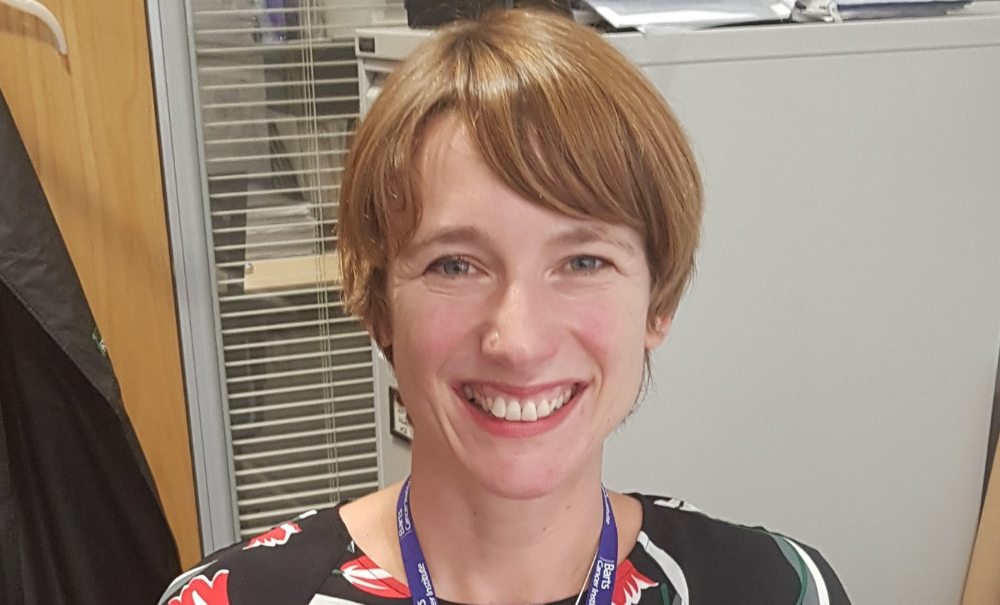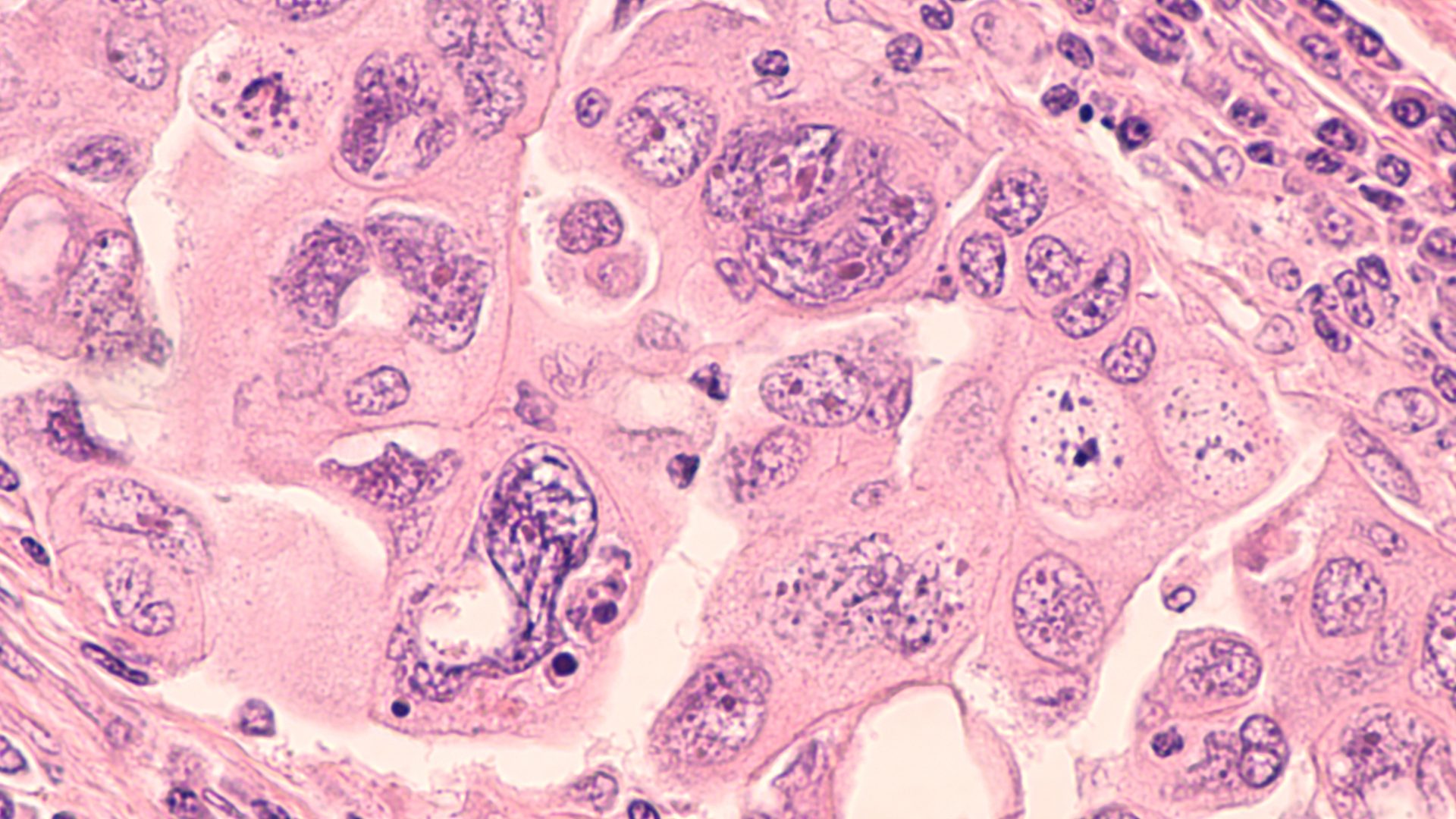First patient enrolled
This year, the first patient for the ACTOV trial was enrolled in the UK. This is the first Adaptive Therapy (AT) clinical trial for UK cancer patients and the first global experience testing AT in high-grade serous ovarian cancer (HGSOC), which is among the most fatal forms of all cancers.
The trial is a phase II randomised trial that will include 80 patients with ovarian cancer across nine hospitals in the UK. Half of the patients will receive six cycles of the standard dose of chemotherapy, while the other half will receive an adaptive therapy regimen of chemotherapy, meaning the dose of carboplatin will be adapted during treatment.
“Our local community in East London is disproportionally affected by cancer. That is why Barts Charity was keen to invest almost half a million pounds in this trial as this new treatment strategy has the potential to transform the lives of many people in our community,” said Dr Victoria King, Director of Funding & Impact at Barts Charity.
“We are very happy the first patient was enrolled. Adaptive therapy today is mostly being tested in prostate cancer. So, if this trial is successful, it is not only a game changer for women with ovarian cancer, but it would prove that the adaptive principles could also be extended to other cancer types,” says Rica Capistrano, Programme Director New Projects of the Anticancer Fund.
Investigating new ways to treat ovarian cancer
On average, 7,500 women in the UK are diagnosed with ovarian cancer each year, one of the most common types of cancer in women. The earlier ovarian cancer is diagnosed and treated, the better the chance of a cure.
But often it’s not recognised until it’s already spread and a cure is not possible. While ovarian cancer survival is improving, far too many women still lose their lives within 10 years of diagnosis.
The treatment approach, called Adaptive ChemoTherapy for Ovarian Cancer (ACTOV) will benefit 3,000 patients annually over the next three years.
“This strategy could transform cancer care: patients would receive fewer drugs, less often, and live longer with fewer treatment-related side effects. The trial aims to address the unmet need of therapy resistance. To maximise future public health gains, it is crucial that we learn from the patients who participate in this study.”Dr Michelle Lockley

Dr Michelle Lockley
Adaptive therapy explained
Adaptive Therapy (AT) is a novel, personalised treatment strategy in which drug doses are tailored for individual patients to prevent drug-resistance. Drug-resistant cancer cells usually grow more slowly than their drug-sensitive counterparts and this clinical trial plans to exploit this Achilles’ heel by prescribing periods without drugs.
This unique clinical trial approach may lead to more effective personalised treatments for patients with ovarian cancer, with the hope of extending patient survival. Dr Lockley says, “The unifying evolutionary principles we reveal could completely redefine the administration of diverse therapies in multiple cancer types.”
Clinical experience shows that when cancers relapse, repeated treatment with the same therapy is less effective. Adaptive therapy could achieve significant patient benefit by prolonging drug-sensitivity and extending tumour control, while at the same time, reducing chemotherapy dose and drug-induced toxicity.
The discoveries here will be generalisable and have the potential to radically redefine anti-cancer therapy and improve survival of patients receiving treatment for multiple cancer types.
This trial was funded jointly by Barts Charity and the Anticancer Fund.


